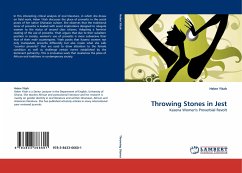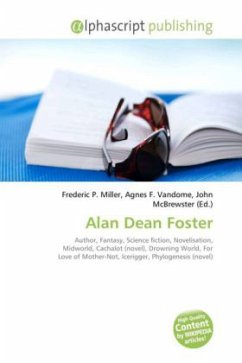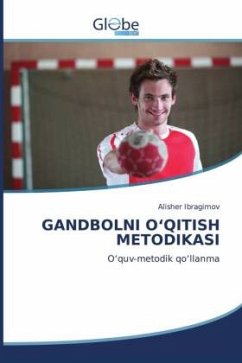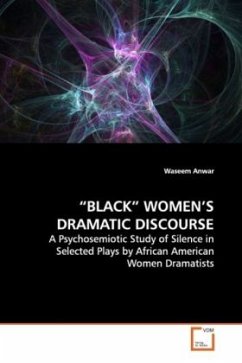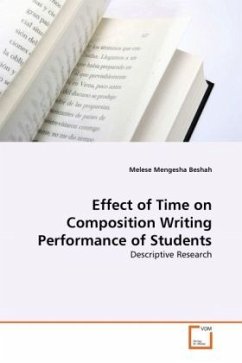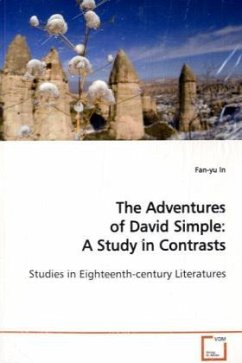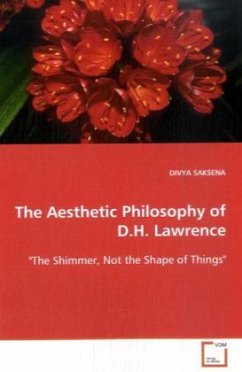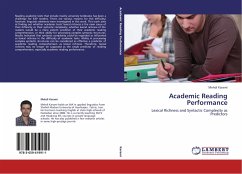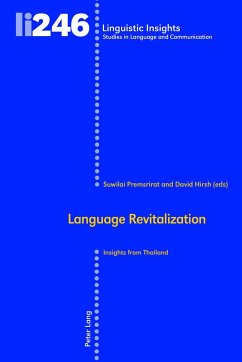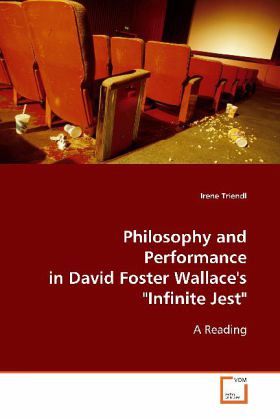
Philosophy and Performance in David Foster Wallace's "Infinite Jest"
A Reading
Versandkostenfrei!
Versandfertig in 6-10 Tagen
39,99 €
inkl. MwSt.

PAYBACK Punkte
20 °P sammeln!
This study is an attempt at a reading of David FosterWallace''s 1996 novel "Infinite Jest" that examinesthis massive work of fiction from a formal point ofview. After a discussion of Wallace''s position inpostmodern literature the study takes a close look atsome salient stylistic features, especially thenovel''s narrative technique. Thus, it exposes anunderlying formal structure in a novel whosestrategies of opacity and ambiguity have confused andfrustrated many readers. From this basis, the authordevelops a conception of "Infinite Jest" as a "novelof ideas" and examines themes the novel share...
This study is an attempt at a reading of David Foster
Wallace''s 1996 novel "Infinite Jest" that examines
this massive work of fiction from a formal point of
view. After a discussion of Wallace''s position in
postmodern literature the study takes a close look at
some salient stylistic features, especially the
novel''s narrative technique. Thus, it exposes an
underlying formal structure in a novel whose
strategies of opacity and ambiguity have confused and
frustrated many readers. From this basis, the author
develops a conception of "Infinite Jest" as a "novel
of ideas" and examines themes the novel shares with
Plato''s "Republic". The final chapter deals with
various notions of "performance" apparent in
"Infinite Jest", such as role-playing, pretense,
performance for an audience, and ritual.
Wallace''s 1996 novel "Infinite Jest" that examines
this massive work of fiction from a formal point of
view. After a discussion of Wallace''s position in
postmodern literature the study takes a close look at
some salient stylistic features, especially the
novel''s narrative technique. Thus, it exposes an
underlying formal structure in a novel whose
strategies of opacity and ambiguity have confused and
frustrated many readers. From this basis, the author
develops a conception of "Infinite Jest" as a "novel
of ideas" and examines themes the novel shares with
Plato''s "Republic". The final chapter deals with
various notions of "performance" apparent in
"Infinite Jest", such as role-playing, pretense,
performance for an audience, and ritual.




